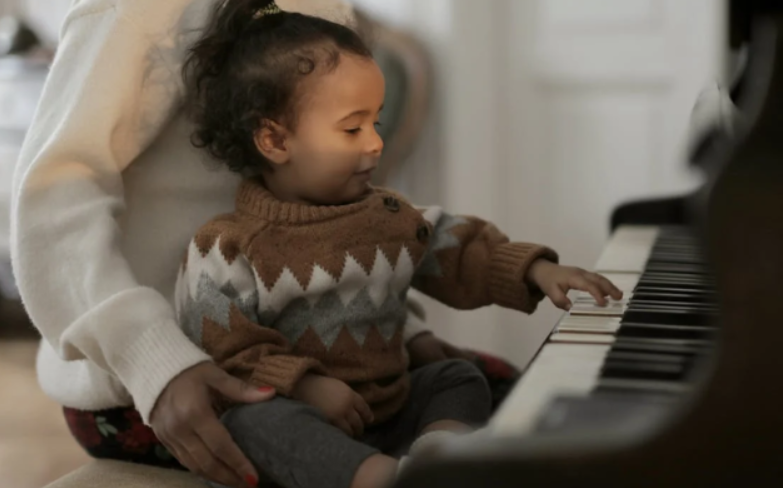Few know, but the power of music in early childhood education is enormous. Through it, children learn and develop fundamental skills, such as logical reasoning, personality formation and the ability to express their emotions and feelings. With such great importance, we can see that it is not for nothing that music is considered the first of the arts.
Traditional nursery rhymes passed down through generations, for example, although they are simple, they prove to be efficient in exercising children's memory, exposure and socialization.
Therefore, music has a great impact on children's education and demonstrates true strength in the interaction they have throughout their lives. In today's article, we will show 4 proofs of the power of music in early childhood education.
1. The power of music in early childhood education on growth and development

Music, in addition to having the power to awaken emotions, feelings and memories, is also an important means of creative expression and learning. Children can use music to, among other things, express their emotions, develop their social skills, explore their sensitivities to movement and rhythm, and develop their sense of understanding of language.
Therefore, music can offer children opportunities for growth and development in essential areas such as language, memory, motor skills, logical reasoning and hearing.
In addition, children find in music a way of communicating with the world and expressing their thoughts and feelings, as it is a safe and stimulating space for them to discover their own identities and be encouraged to explore the many forms of creative expression. This point of view is defended by several names in Psychology, such as Carol A. Bush.
2. Happiness and Love
The second proof of the power of music in early childhood education is that it can also transmit feelings of happiness, joy and love to children. First art helps children to better understand their feelings, to be happier and to establish relationships with the world. Listening to music can help children relax, develop self-confidence and feel loved, as well as helping them understand meaning in their lives.
3. Vocabulary and Language
Music is also an important way to help children develop their language and vocabulary: it is estimated that babies already recognize around 300 words, often learned through nursery rhymes, before they can react verbally.
/p>
This means that young children are learning a variety of words through their experience with music. After learning the lyrics of the songs they listen to, they begin to use the words in their own contexts.
4. Living and Learning
Finally, music is an important tool for children to learn and develop fundamental life skills, as it can help little ones to better understand the world around them, to communicate more effectively and to develop, in addition to of your vocabulary, your intellectuality as a whole.
Who has never needed to memorize something long and complicated, but, right after turning the content into music, it seemed much simpler? This proves the efficiency of music in learning, which provides our brain with a “shorter path” to knowledge.
Conclusion
The use of music and language in early childhood education is essential for the healthy growth of any child. The power of music in early childhood education is considerable, as it has the capacity to awaken emotions, feelings and memories and is also an important means of creative expression and learning.
Songs provide children with the ability to understand and express their feelings, in addition to developing their self-confidence and finding happiness and love. Therefore, if you want your child to grow up with a healthy education childhood, encourage him and offer him the opportunity to explore, develop and learn with music.


